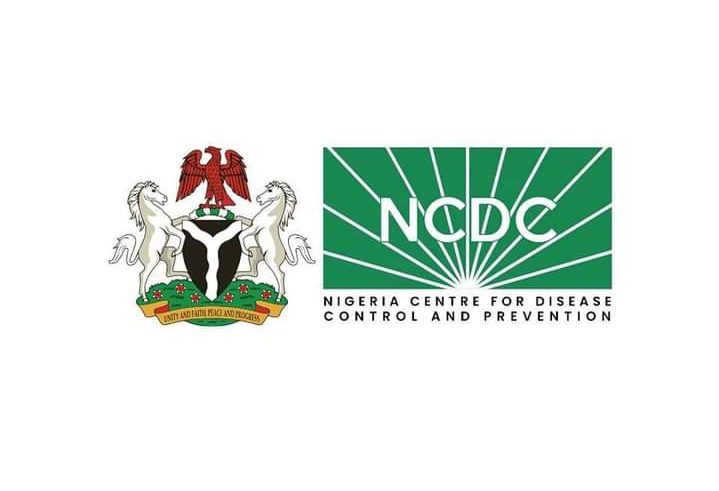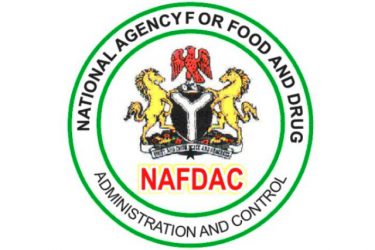The Nigeria Centre for Disease Control and Prevention has warned Nigerians about Chikungunya, a mosquito-borne viral disease spreading in several countries.
The agency said there is no confirmed case in Nigeria this year but advised the public to remain alert.
The warning came on Friday through the agency’s X handle after the World Health Organisation and the European Centre for Disease Prevention and Control reported over 240,000 cases and 90 deaths in at least 16 countries in 2025.
China has recorded nearly 5,000 cases since July, with Guangdong Province alone reporting about 3,000 cases in one week.
According to the NCDC, Chikungunya is spread mainly by Aedes aegypti and Aedes albopictus mosquitoes, which also transmit Yellow Fever and Dengue. Unlike malaria mosquitoes, Aedes mosquitoes bite during the day, mostly in the early morning and late afternoon.
The symptoms include sudden fever, severe joint pain, muscle pain, headache, nausea, fatigue, and rash. While rarely fatal, the disease can cause joint pain lasting for months.
Although Nigeria has not reported any cases this year, the NCDC warned that ongoing flooding and favourable breeding conditions in high-risk states could lead to outbreaks of Chikungunya, Yellow Fever, and Dengue.
It urged Nigerians to use insecticide-treated mosquito nets, wear long-sleeved clothing and trousers, apply mosquito repellent in the morning and late afternoon, and clear stagnant water around their homes.
The public was also advised to seek medical attention quickly if they develop fever, rash, or joint pain.
The NCDC said it is working with state governments, tertiary institution laboratories, and the National Arbovirus and Vector Research Centre in Enugu to strengthen surveillance and early detection.
It added that public awareness campaigns are being increased in collaboration with health, environmental, and climate agencies under the One Health approach.
The agency stressed that with the rising spread of the disease globally and Nigeria’s environmental risks, preventive action is necessary now.











